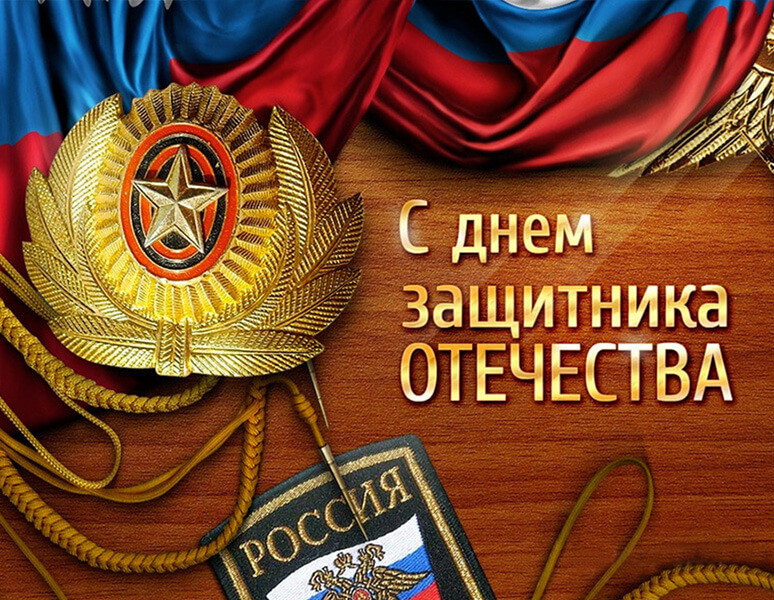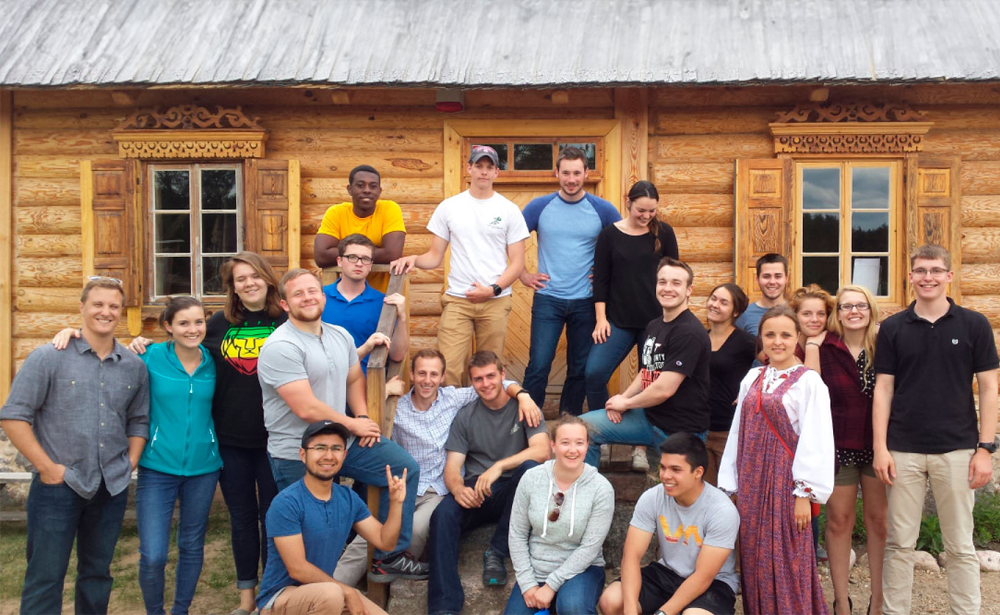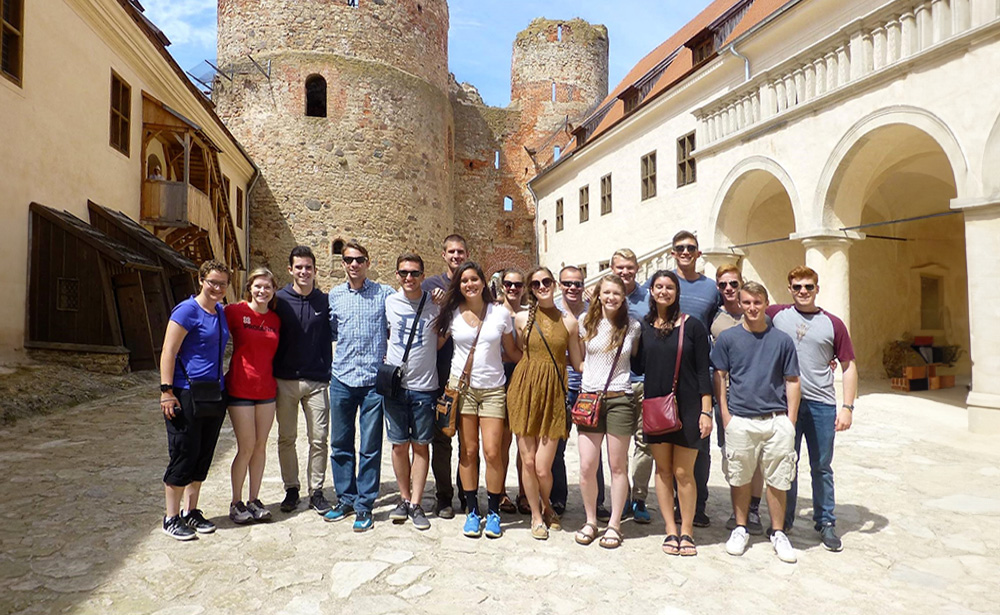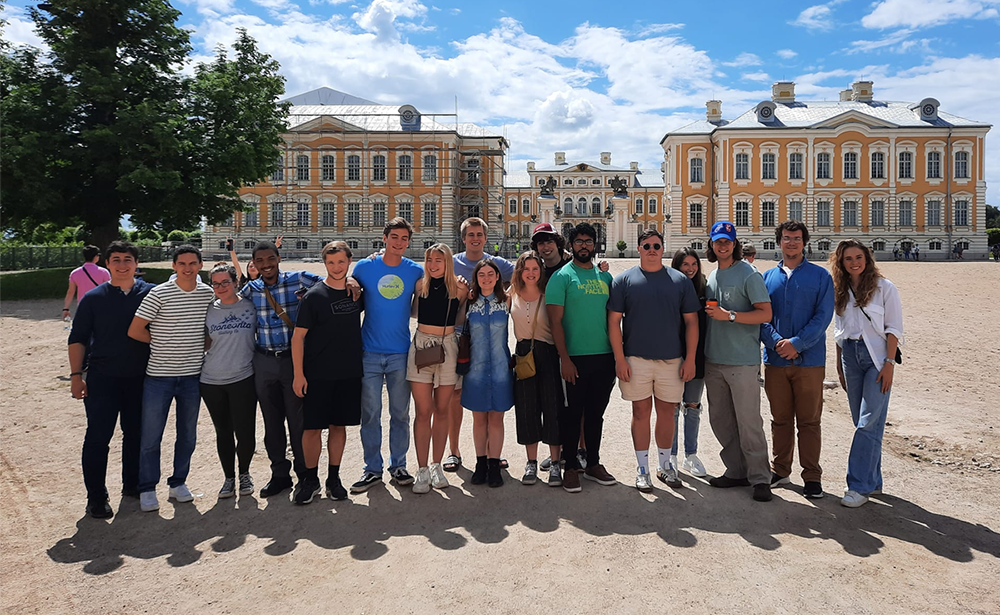February 23rd is the Day of Defender of the Fatherland
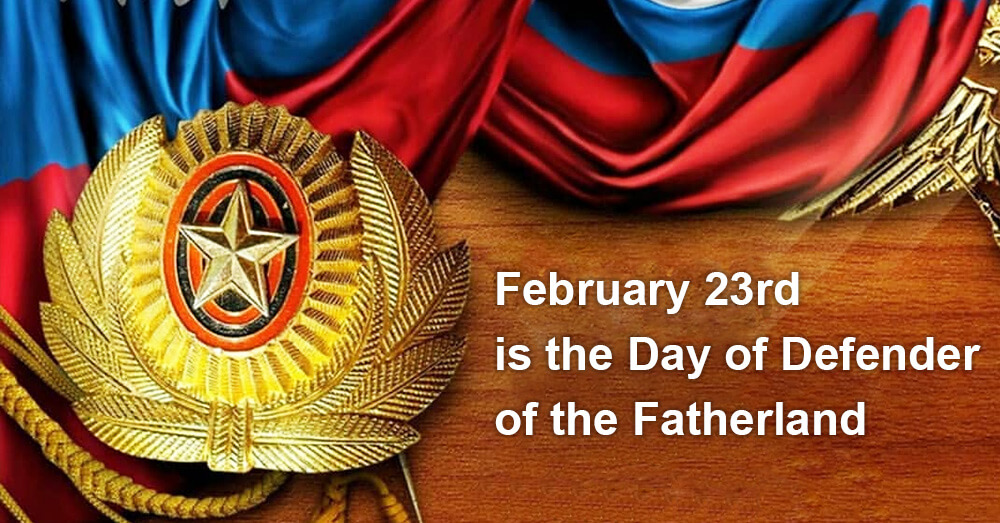
Every year on February the 23rd, Russia celebrates the Defender of the Fatherland Day, a holiday loved by all men, which is an integral part of Russian history. Women start getting ready for this holiday soon after the New Year. But nowadays people don’t often know how the holiday appeared and why it is celebrated in February.In our today’s article, we’ll discuss with you the origin and features of the celebration of this important day.
When was the tradition of celebration of February the 23rd introduced?
On January 27, 1922, the Russian Soviet Federative Socialist Republic published the decree that marked February the 23rd as a special day in connection with the anniversary of the Red Army. Therefore, initially, this holiday was called “The Red Army and Navy Day”. Then from 1946 until 1993the holiday was renamed as “The Soviet Army and Navy Day”.
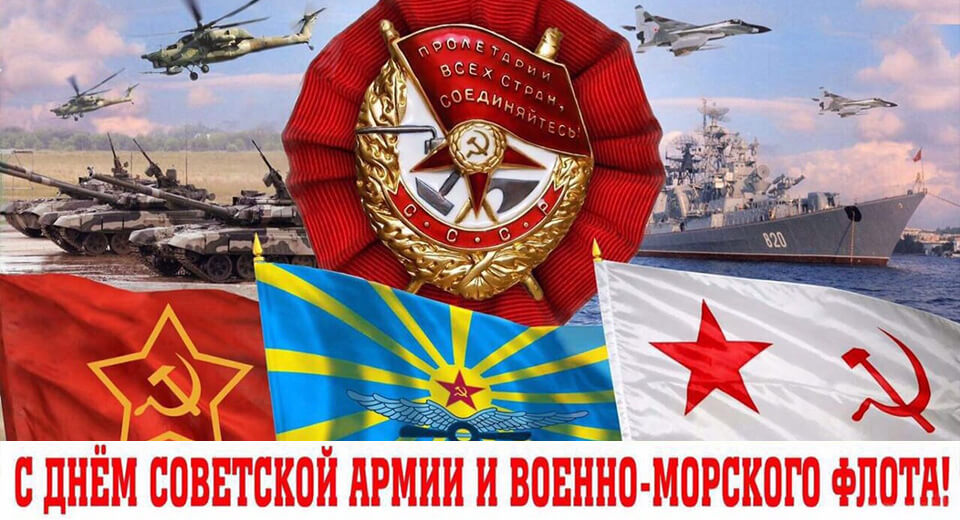
Since 2002, by decision of the State Duma of the Russian Federation February 23rd in Russia is a holiday. It is also officially celebrated in Belarus and Kyrgyzstan. However, after the collapse of the USSR, it is celebrated in other CIS countries.
Why are most men congratulated on this day?
Most people in Russia celebrate February the 23rd not as the day of real men who are defenders in direct meaning of the word. On this day, they congratulate all men they love, regardless of whether they served in the army or not.

Holiday traditions
Every family have their own traditions of celebration of the Day of Defender of Fatherland. Everything depends of whether there is any member of the family who participated in war or served in the army. Honoring veterans and floral tributes are typical traditions of the holiday. Some cities in Russia organize various celebrations and concerts in honor of February the 23rd, and in the evening, you can enjoy the fireworks.
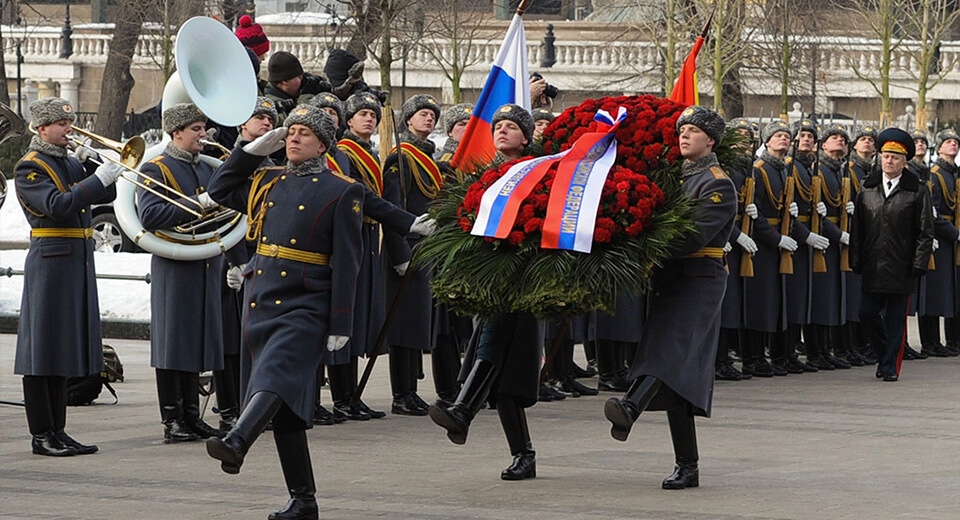
We hope you’ve liked the article. If you have any questions, you can leave a comment below!
You may be interested
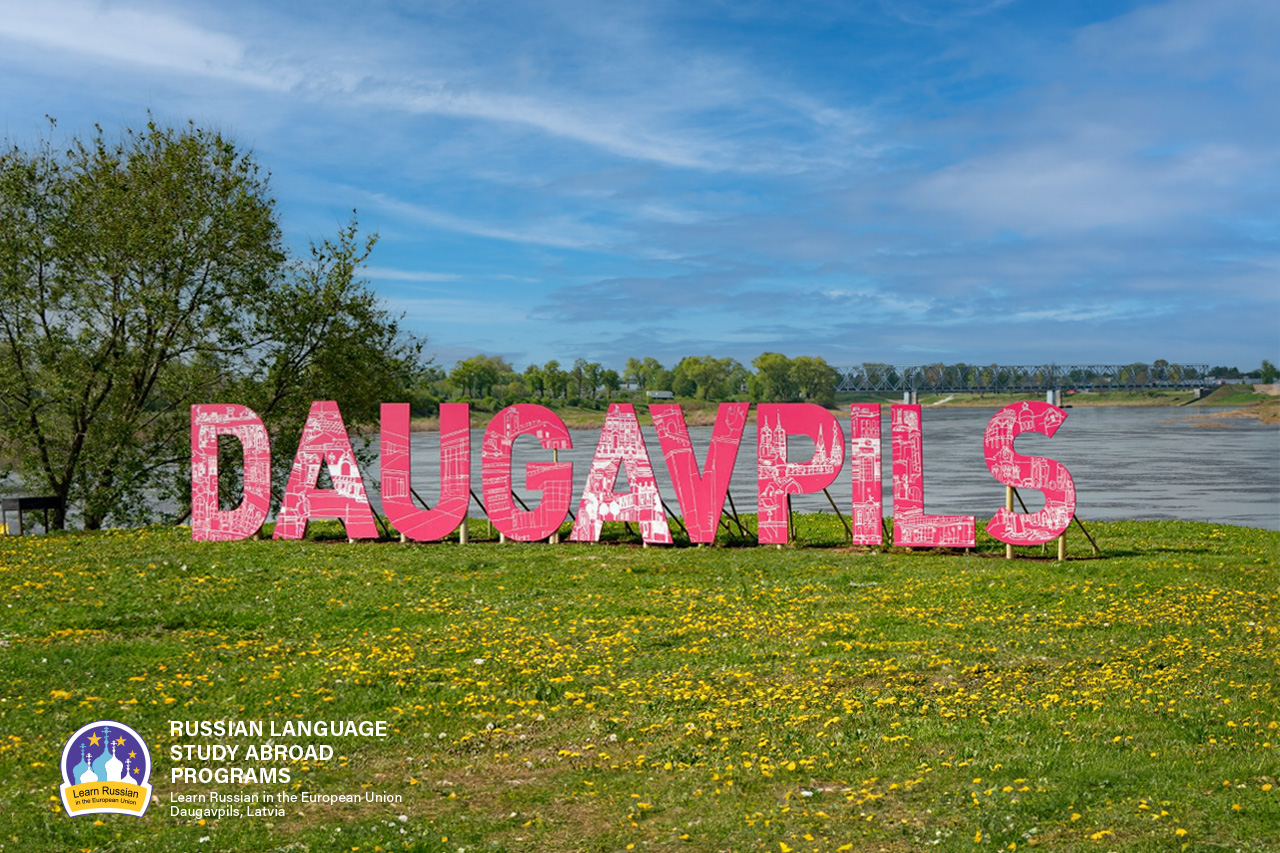
Why do people speak Russian in Daugavpils?
As it seems to us, Daugavpils is the best place to learn Russian now, because our city is situated in the EU and NATO, but at the same time 90% of the city’s population speak Russian at home.
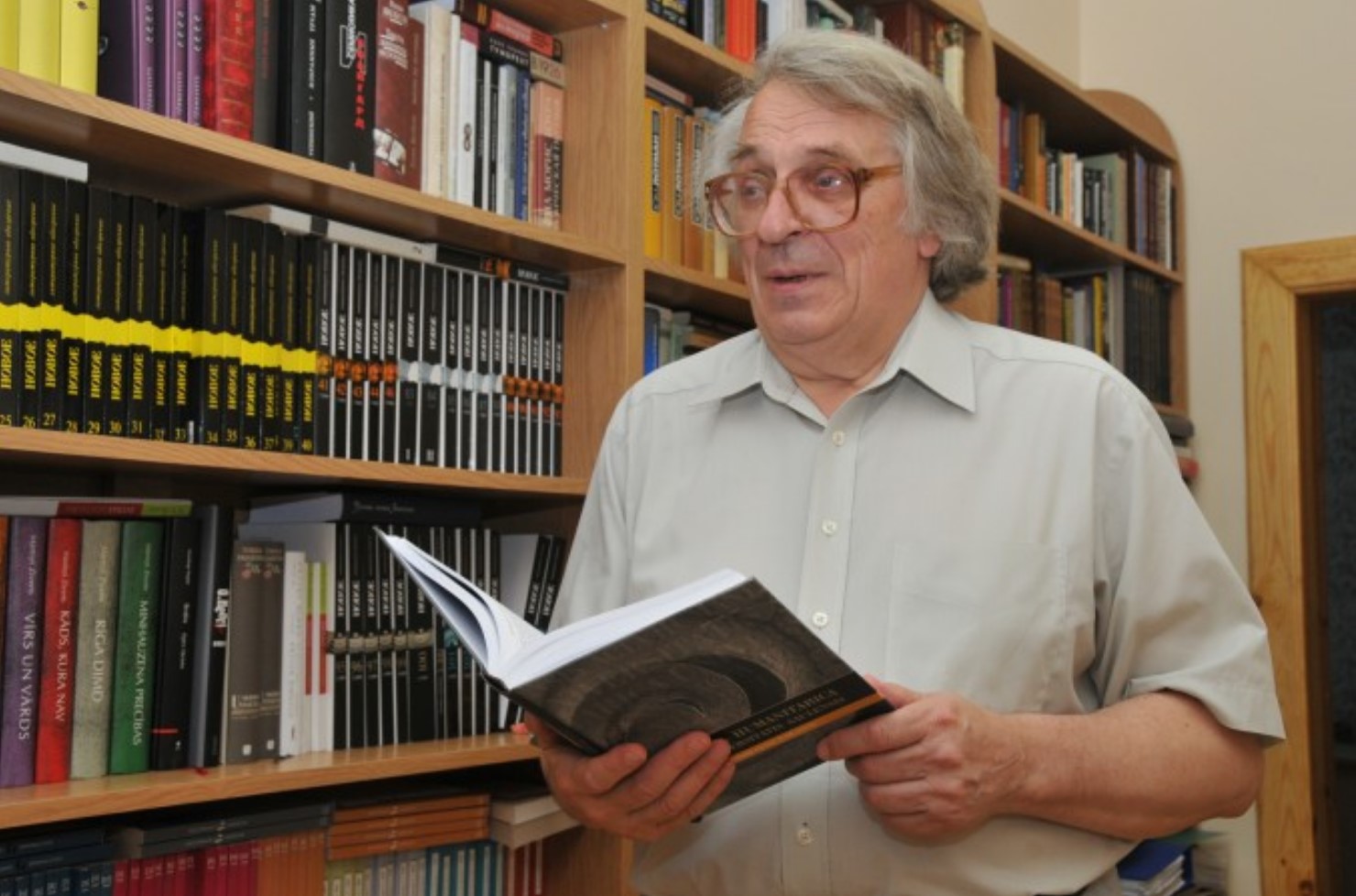
ЭТЮД О ДВИНСКЕ
Etude on Dvinsk by F.Fedorov
The Baltic region is one of the most catastrophe prone regions of the 2nd millennium, especially its second part; it is the centre of attraction of ‘geopolitical’ interests of the European world. Probably the most tragic fate has befallen to the eastern part of the present Latvia and its multi-titled town of Dinaburg – Dvinsk – Daugavpils. During its 730 years long history, the town went through five rather autonomous periods of development, five different lives (German, Polish, Russian, Latvian, Soviet), and at the beginning of the 1990s it entered into the 6th period.
The history of Dinaburg – Dvinsk – Daugavpils is the history of five attempts by the town to begin its life anew; and this is determined not only by the fact that the town was four times burned down and had to start life from scratch, but first and foremost because each of these periods was characterized by a total change of ethnos and the socio-cultural field.
The present article deals with the cultural space of the town in one of the most efficient periods of its development – from the 1860s till World War I.


